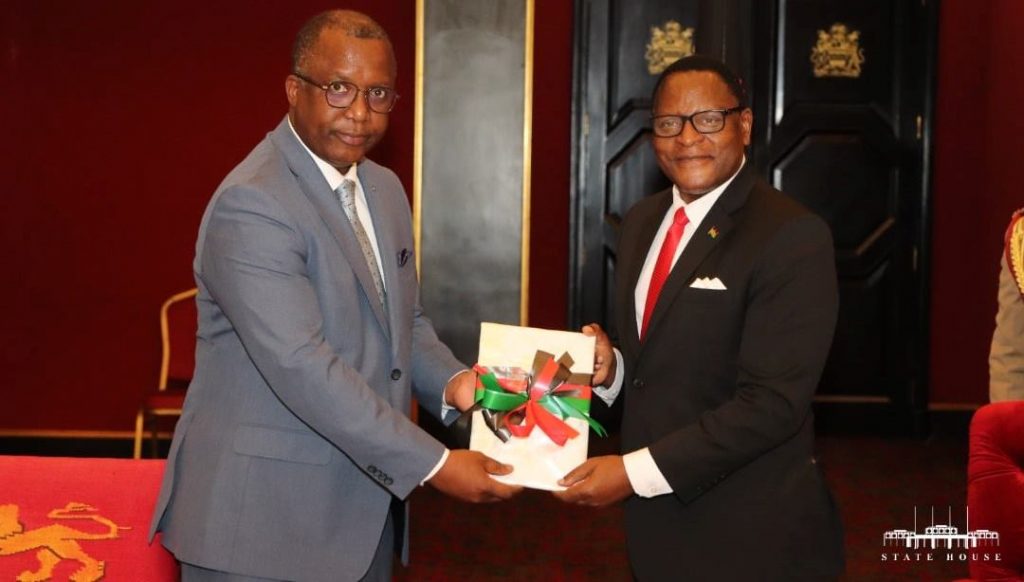Prioritise electoral laws review—MEC
Malawi Electoral Commission (MEC) has asked Parliament to prioritise amendment of electoral laws to improve the conduct of future elections in the country.
The recommendations are contained in two reports MEC submitted to President Lazarus Chakwera yesterday detailing experiences and lessons learnt from both the May 21 2019 Tripartite Elections and court-sanctioned fresh presidential election held on June 23 2020.

Speaking at Kamuzu Palace in Lilongwe during the presentation of the reports, MEC chairperson Chifundo Kachale said while the law requires the electoral body to operate independently, Section Six of the Electoral Commission Act also allows them, for accountability purposes, to present such reports to the President directly after a general election.
Among recommendations in the two reports which MEC wants Parliament to address in the amendment of relevant laws is certainty on when the next elections should be held and provisions for run-off polls.
In an interview after presenting the reports, Kachale—who is a judge of the High Court of Malawi—said it is their expectation that Parliament will begin to deliberate on these amendments as soon as the forthcoming meeting scheduled for next month.
The 2020 report also expresses worry on lack of adherence to the code of conduct by electoral stakeholders who include political parties and has recommended that the code of conduct be turned into regulation for easy enforcement.
While the fresh presidential election was widely heralded as well conducted, the commission has bemoaned lack of political will which led to delayed funding disbursement and exerted pressure on the electoral body.
MEC has since proposed that there should be a way of ring-fencing funding for elections to avoid disruption of planned activities – which consequently affects the quality of an election.
Reads the report: “There was no political will to hold elections on the part of the Executive. Funding for the elections was erratic and not in accordance with the agreed level of activities as indicated in the cash flow projection and at some point almost stopped.”
The 2019 report was authored after presidential results had already been challenged in court and focuses on, among others, the need to procure better equipment, consideration for constituency re-demarcation boundary and also improvement in staff remuneration.
Reads the report on the 2019 elections: “The commission should conduct research to establish the trends and factors affecting or impacting on voter’s registration and verification. The commission should explore possibilities of utilising appropriate technologies for accessing nomination forms such as downloading on the website, e-mail and WhatsApp.”
During the presentation of the report, Kachale assured the President of their commitment to continue holding free, fair and credible elections to the satisfaction of all stakeholders.
He said: “The commission will remain impartial, nonpartisan and professional in the execution of its mandate. Your Excellency, you might also wish to note that since June 2020 to date, the Commission has held by-elections in 13 constituencies and five wards.
“None of the by-elections have been successfully challenged in court. At the moment, the commission is scheduled to hold by-elections on October 26 2021.”
The President hailed the commission for the manner it managed both the court-sanctioned presidential election and subsequent by-elections.
Chakwera said it is his hope that the commission will stay in this lane which has inspired public confidence.





